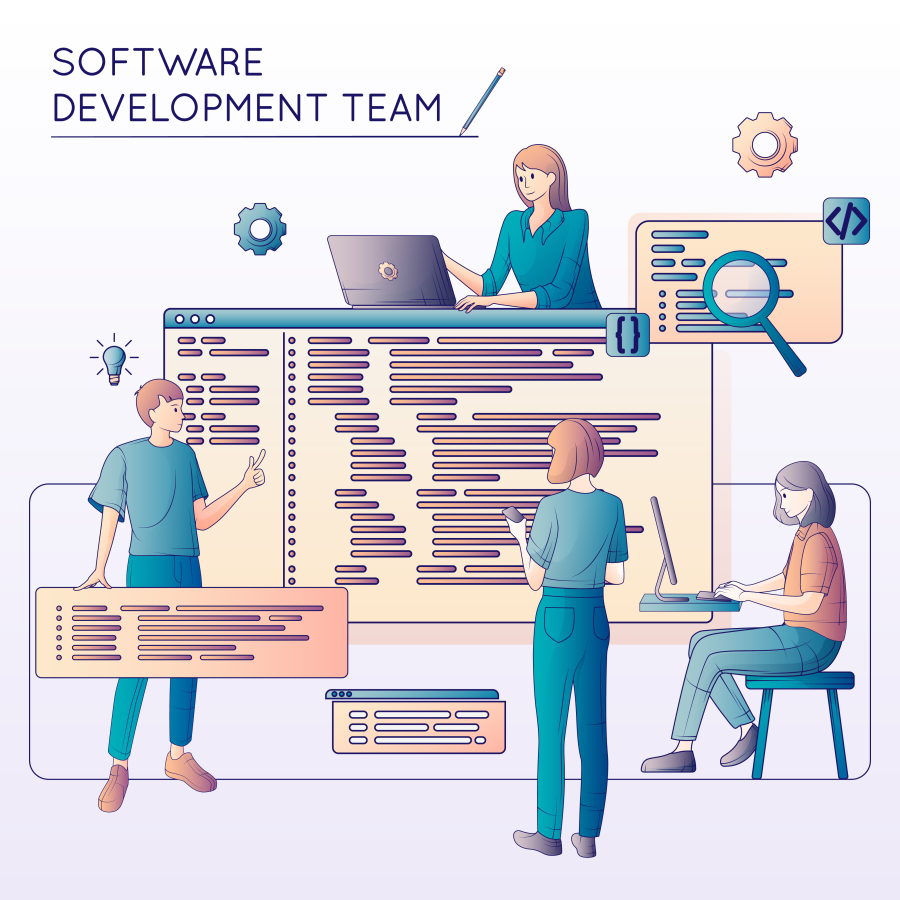Freelance Project Management for Scientific Ventures
Scientific ventures, ranging from biotech startups to research-driven enterprises, require meticulous planning, coordination, and execution to succeed. Freelance project managers are becoming increasingly essential in this landscape, providing flexible, expert support without the overhead of full-time employees.
Freelancers specializing in project management for scientific ventures help streamline operations, coordinate multidisciplinary teams, and ensure timely delivery of research and development goals. This article explores how freelancers can effectively manage scientific projects, key strategies to excel in this niche, and how businesses benefit from hiring freelance project managers.
Long Description
1. The Role of Freelance Project Managers in Scientific Ventures
Freelance project managers bring structure, expertise, and efficiency to scientific ventures:
Coordination of Teams – Managing scientists, engineers, analysts, and external partners.
Timeline Management – Ensuring milestones are met and research objectives are achieved on schedule.
Resource Allocation – Optimizing budget, lab resources, and personnel to maximize productivity.
Risk Management – Identifying potential project risks and implementing mitigation strategies.
Communication Facilitation – Serving as the bridge between technical teams and stakeholders.
Freelancers offer flexibility and cost efficiency, allowing scientific ventures to scale operations without long-term commitments.
2. Key Responsibilities in Freelance Project Management
Freelancers managing scientific projects typically handle:
a) Planning and Strategy
Defining project scope, goals, and deliverables.
Developing timelines, milestones, and resource plans.
Creating contingency plans for potential research setbacks or regulatory delays.
b) Team Coordination
Assigning tasks to scientists, researchers, and external consultants.
Conducting regular meetings to monitor progress and resolve issues.
Ensuring clear communication between technical and non-technical stakeholders.
c) Budget and Resource Management
Tracking project expenses and ensuring adherence to budget constraints.
Allocating lab equipment, software tools, and personnel efficiently.
Optimizing costs without compromising project quality or timelines.
d) Risk Assessment and Mitigation
Identifying risks related to research experiments, regulatory compliance, or project delivery.
Developing strategies to minimize disruptions and maintain progress.
Monitoring ongoing risk factors and adjusting plans as needed.
e) Reporting and Documentation
Preparing project status reports for stakeholders and investors.
Documenting methodologies, results, and project outcomes.
Ensuring compliance with scientific, ethical, and regulatory standards.
3. Essential Skills for Freelance Project Managers
To excel in scientific project management, freelancers should cultivate:
Technical Understanding – Familiarity with scientific research, laboratory practices, and relevant technologies.
Project Management Expertise – Proficiency with project planning, scheduling, and collaboration tools.
Communication Skills – Translating complex scientific concepts into clear updates for stakeholders.
Problem-Solving Ability – Addressing unforeseen challenges efficiently.
Organizational Skills – Managing multiple tasks, timelines, and teams concurrently.
Leadership and Coordination – Motivating teams and ensuring seamless workflow.
4. Freelance Platforms and Channels to Find Opportunities
Freelancers can find project management roles in scientific ventures via multiple channels:
Freelance Platforms – Upwork, Freelancer.com, Fiverr, and Kolabtree list R&D and scientific project management opportunities.
Professional Networks – LinkedIn, research forums, and science-focused communities connect freelancers with startups and institutions.
Startup Accelerators and Incubators – Programs like Y Combinator, Techstars, and biotech incubators offer freelance consulting opportunities.
Direct Outreach – Contacting biotech firms, research labs, and innovation-driven companies directly.
Content Marketing – Showcasing project management expertise through case studies, blogs, or portfolio pieces.
5. Best Practices for Freelance Project Management
a) Define Clear Objectives and Scope
Establish project goals, milestones, and deliverables with client approval.
Avoid scope creep by maintaining a well-documented plan.
b) Utilize Project Management Tools
Tools like Trello, Asana, Jira, or Monday.com improve collaboration and tracking.
Maintain a centralized system for timelines, task assignments, and progress monitoring.
c) Communicate Proactively
Provide regular updates to clients and stakeholders.
Anticipate questions and share potential solutions before issues escalate.
d) Implement Risk Mitigation Strategies
Identify possible bottlenecks or delays early.
Develop contingency plans and communicate them to all team members.
e) Document Everything
Maintain detailed records of processes, decisions, and project progress.
Documentation ensures accountability, transparency, and future reference.
f) Build Long-Term Relationships
Establish trust through reliability, quality of work, and effective communication.
Repeat engagements with scientific ventures often lead to stable freelance income.
6. Benefits of Hiring Freelance Project Managers
Flexibility – Scale project management resources according to project needs.
Expert Guidance – Leverage experience from multiple industries and projects.
Cost Efficiency – Reduce overhead compared to full-time hires.
Global Expertise – Access freelancers worldwide with specialized knowledge.
Focus on Core Research – Allow scientists to concentrate on R&D while project managers handle coordination and planning.
7. Challenges and How Freelancers Can Overcome Them
Complex Scientific Projects – Stay informed about emerging technologies and research methods.
Multidisciplinary Teams – Develop strong communication and leadership skills to manage diverse expertise.
Budget Constraints – Offer flexible pricing models, including hourly, project-based, or milestone payments.
Tight Timelines – Utilize efficient project management techniques to optimize task execution.
Regulatory Compliance – Ensure familiarity with ethical, legal, and scientific standards for projects.
8. Emerging Trends in Freelance Project Management for Scientific Ventures
Remote Collaboration – Virtual teams are increasingly common, allowing freelancers to manage global projects.
AI and Data Tools – Using AI-driven project management software to monitor progress and optimize timelines.
Specialization – Freelancers with expertise in biotech, environmental science, or advanced materials are in high demand.
Cross-Disciplinary Projects – Combining science, engineering, and business expertise for innovative ventures.
Sustainability Focus – Projects related to green technology and eco-friendly research are creating new opportunities for freelancers.
Freelancers who adapt to these trends and maintain technical expertise will thrive in managing scientific ventures.
Conclusion
Freelance project management for scientific ventures is a high-value, dynamic field that combines scientific understanding, organizational expertise, and strategic coordination. By providing flexible, efficient, and skilled project management, freelancers enable startups and research institutions to achieve their goals, optimize resources, and accelerate innovation.
Proper planning, proactive communication, and mastery of project management tools allow freelancers to deliver high-impact results, build strong client relationships, and secure rewarding long-term opportunities in the scientific venture ecosystem.#FreelancerBridge, #FreelanceProjectManagement, #ScientificVentures, #FreelanceScience, #RDFreelancing, #InnovationSupport, #BiotechFreelancing, #ProjectCoordination, #ResearchManagement, #StartupConsulting, #GlobalFreelancing, #ScientificInnovation, #ProjectPlanning, #TeamCoordination, #FreelanceOpportunities, #RiskManagement, #TechnicalConsulting, #ScientificProjects, #FreelanceSuccess,


 by Emily
by Emily




